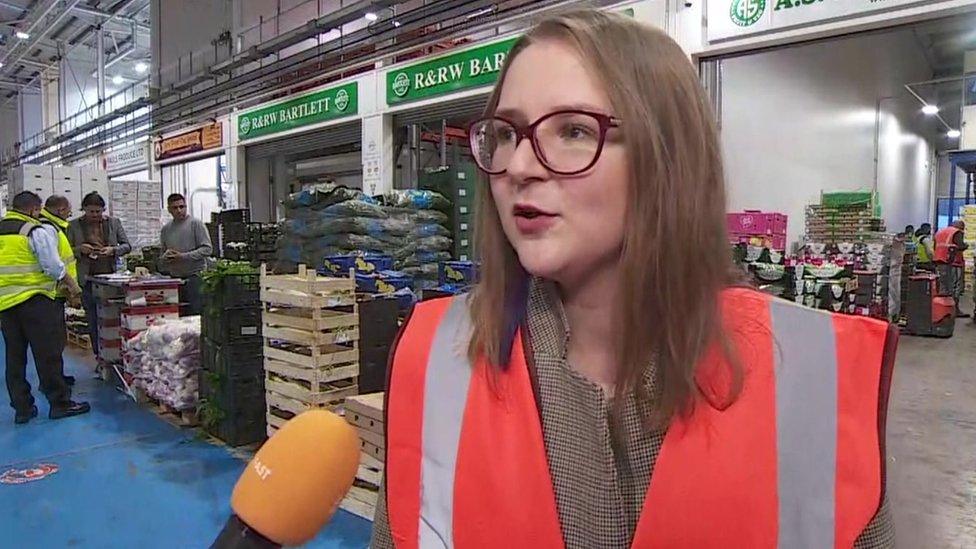Herefordshire: The rural communities struggling in fuel poverty
- Published

Households across the UK are bracing themselves for a rise in energy price cap
Next month, the price for energy for a typical household using gas and electricity and paying by direct debit will rise by about £94, as the price cap increases from £1,834 to £1,928 a year.
The BBC spent a week talking to people in rural Herefordshire, where almost one in five properties (19%) are in fuel poverty.
"I tend to bury my own fears," said Sonya Cary, who spends most of her days helping those in need.
She works seven days a week, running a community café, gym and Post Office in the village of Pontrilas, near the border with Wales.
While laying on regular lunch clubs for people and opening up a warm space, she has quickly realised her own energy bills are becoming unmanageable.
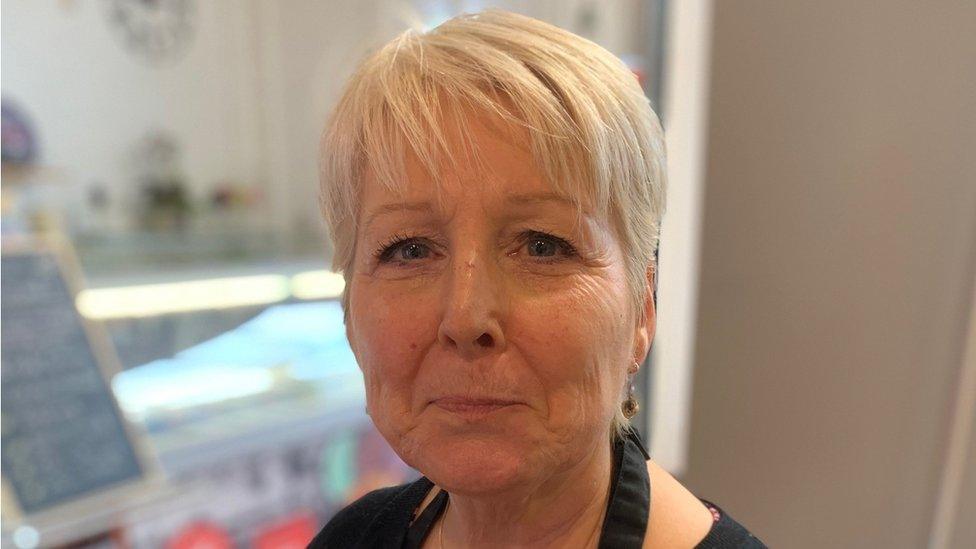
Despite providing help and services for her community, Sonya Cary says her utility bills are 'unmanageable'
"The pressure has been on us since the summer," said Ms Cary, who is the founder of CARE Herefordshire, a community interest company.
Equipment and lighting has to be paid for, along with three units rented from the council at £1,000 a month each.
"We have to put on a mask - we can't talk to our café visitors about our energy crisis because they're in a crisis themselves."
Herefordshire is exposed to a series of unique factors for fuel poverty and excess cold.
These include a higher proportion of detached houses (40%) compared to England (23%), according to official figures.
More than a third (37%) are not on the mains gas grid, and almost one in 10 homes were built before 1900, which can mean they are more expensive and inefficient to heat.
Severn Wye Energy Agency has a boots-on-the-ground mentality to tackling this ongoing crisis, and said they had helped to save residents more than £1.2m in communities across Herefordshire, Gloucestershire and Shropshire.
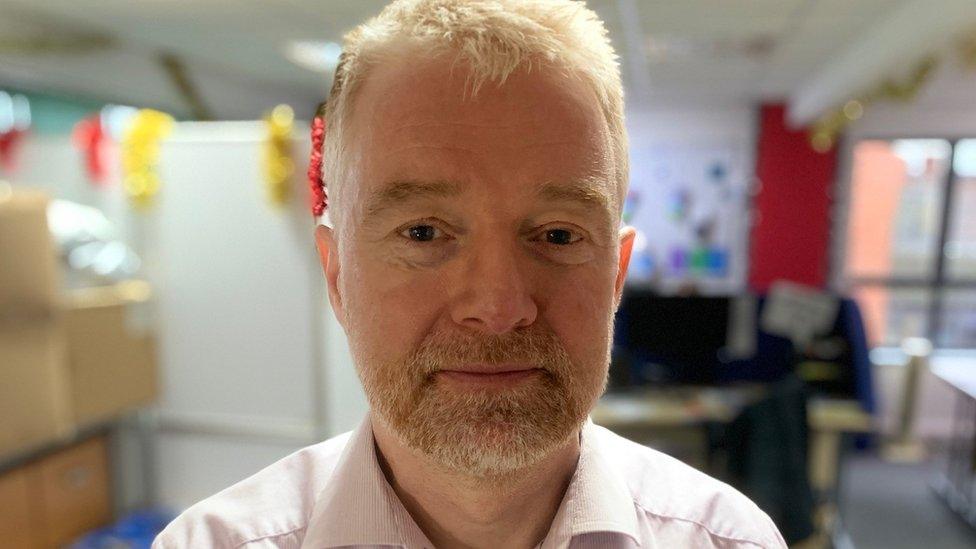
Sandy Ruthven of Severn Wye Energy Agency said they had received hundreds more calls from people facing debt
In these counties alone, some 60,000 homes are in fuel poverty, defined as low income households where energy efficiency is poor.
"We are seeing hundreds more calls this year and we're reaching out into more homes so we can help people with their energy bills and debt they are facing," said Sandy Ruthven, its chief executive.
"Unfortunately all the predictions are that energy prices are going to stay high for quite a long time to come."
He said the government needed to do more to help those in need, including retrofitting older homes.
In the village of Clehonger, five miles south west of Hereford, retired landscape gardener John Mills, 61, has a new visitor to his bungalow in a supported living community.
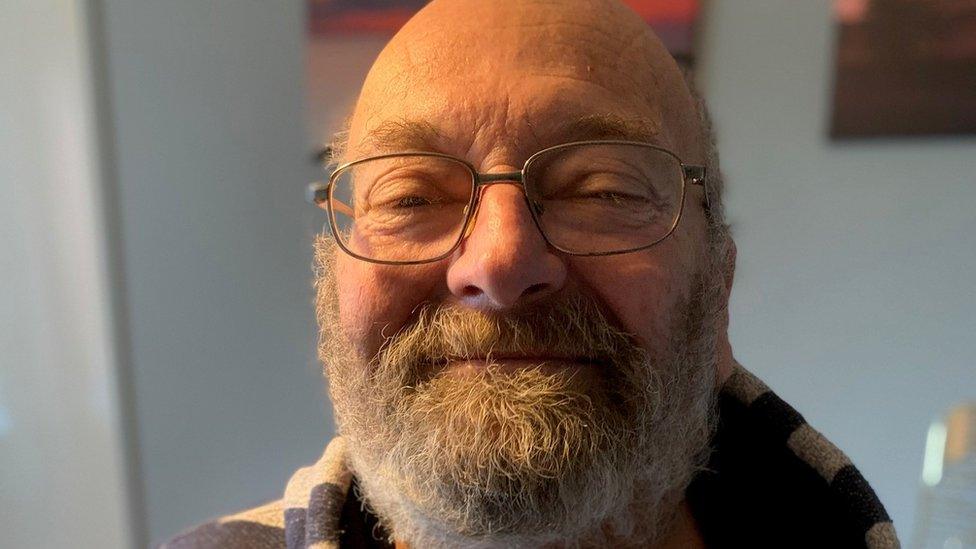
John Mills says since having a smart meter his bills have doubled
Sue Packham is an outreach advisor for Severn Wye Energy Agency and has come armed with insulating materials, a warm kit and some top tips to cut bills.
She will work with John, showing him simple measures to reduce heat escape, such as lining radiators with reflective material, reducing his thermostat by one degree where possible; and reducing the amount of water when boiling a kettle.
"I was spending £5 pounds a week on the electric but now since I've had a smart meter and things have gone up recently, I'm spending £10 a week minimum on the electric", Mr Mills said.
"I have started worrying in the last month, because my disability benefits will help pay a certain amount but I have to find extra. But there are others on this estate really struggling."
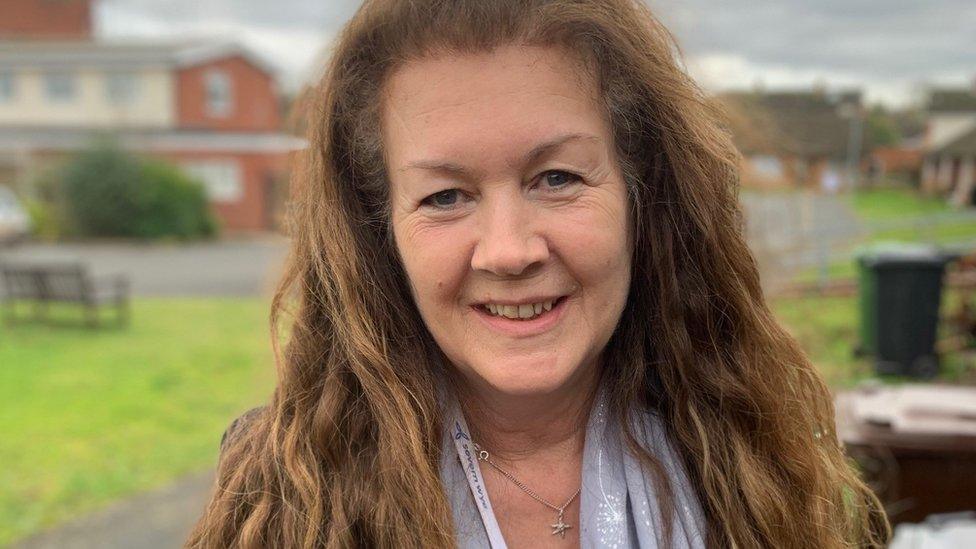
Sue Packham has been visiting homes in the community to help residents with the rising cost of living
Ms Packham said she feels rewarded when she can help those feeling vulnerable during the ongoing cost of living crisis.
"We can refer people on, or do benefits checks for them to make sure they're getting all that they're entitled to."
The Government's Energy Bill Support Scheme gave every household a £400 discount on their energy bills last winter, but it ended in March this year.
"There's a lot of rural areas, a lot of people off gas and rely on other solid fuels which we can also help funding with if they're struggling to afford wood or oil," said Ms Packham.
Jamie Edwards works as a gardener in the warmer months then focuses on delivering logs around Herefordshire during autumn and winter.
Demand for dry wood for heating purposes is steady, not soaring, he said.
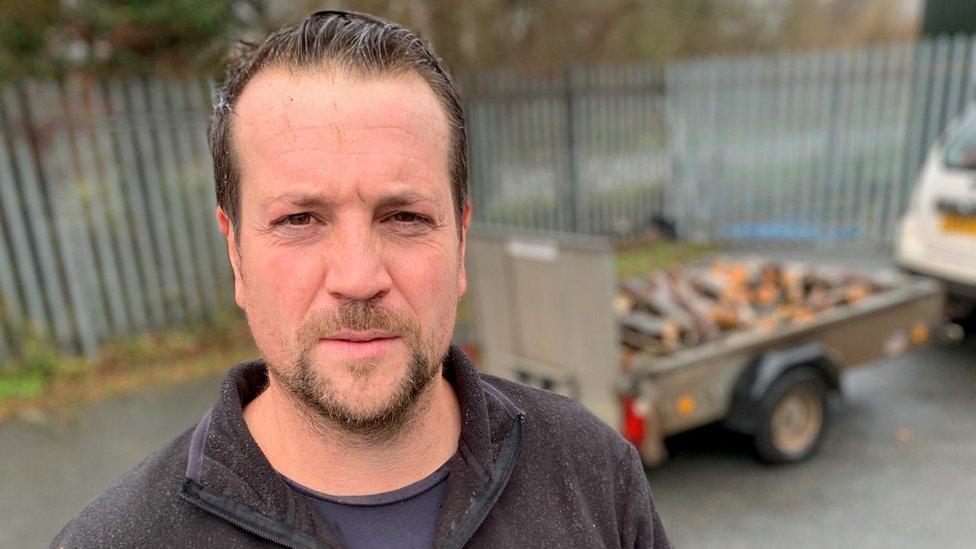
Despite rising bills, Jamie Edwards who delivers logs for heating says orders have remained the same
"There will always be a demand for logs in the countryside but a lot of people are cutting back," he added.
In 2022, the West Midlands had the highest proportion of households in fuel poverty, at 15%. That is 489,000 homes, according to the Department of Energy Security and Net Zero.
Cadent Foundation, part of gas distribution specialist Cadent, has opened a £2m Winter Support Fund which is being distributed through charities including Citizens Advice and Groundwork UK.
The Coventry-based firm said energy and supermarket food vouchers will be part of the scheme.
"There are more people recently being classed as low income households - the threshold used to be around £16,000 a year, it's now £29,500 a year - we are seeing people never before seen as being in fuel poverty coming forward," said director Julia Dwyer.
The BBC asked the Government to respond to the concerns of residents and charities in Herefordshire.
A Department for Energy Security and Net Zero spokesperson said: "We're spending £104bn to support households with bills, including targeted support for the most vulnerable - with three million households expected to benefit from the £150 Warm Home Discount and millions more are receiving up to £900 in further cost of living payments."
And responding to calls for more retrofitting of homes, they said £12bn has been allocated for energy efficiency to support more than 300,000 families to improve their homes.

Follow BBC West Midlands on Facebook, external, X, external and Instagram, external. Send your story ideas to: newsonline.westmidlands@bbc.co.uk, external
Related topics
- Published23 November 2023

- Published21 November 2023
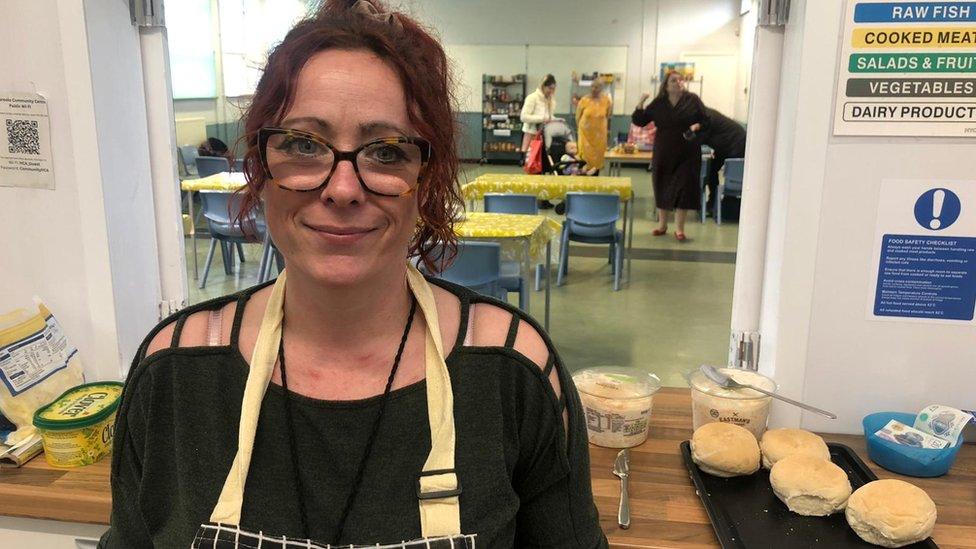
- Published15 November 2023
- Published15 November 2023
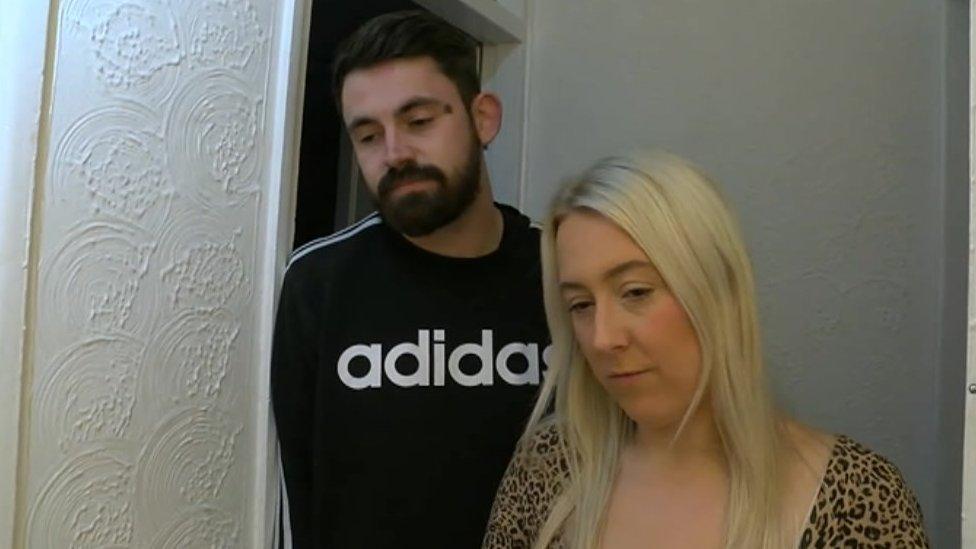
- Published17 October 2022
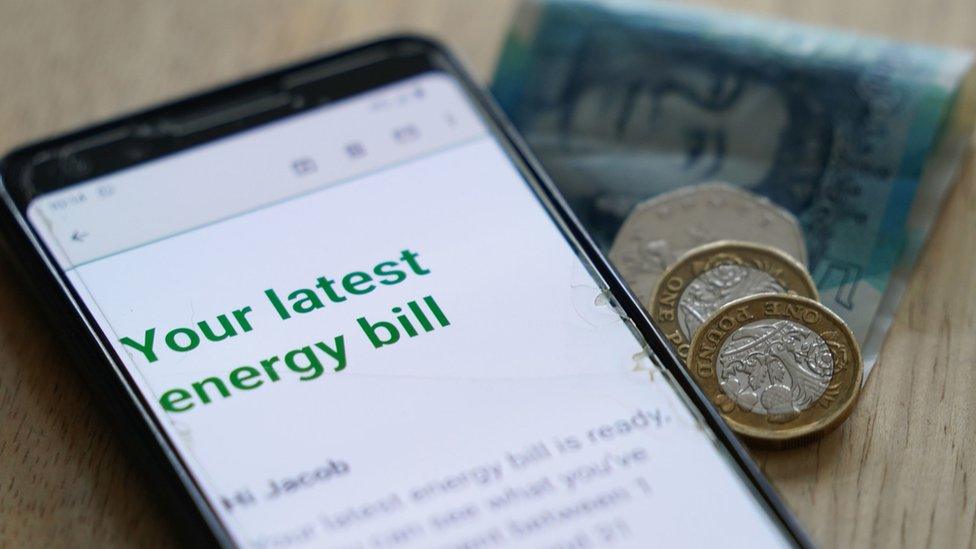
- Published7 September 2022
